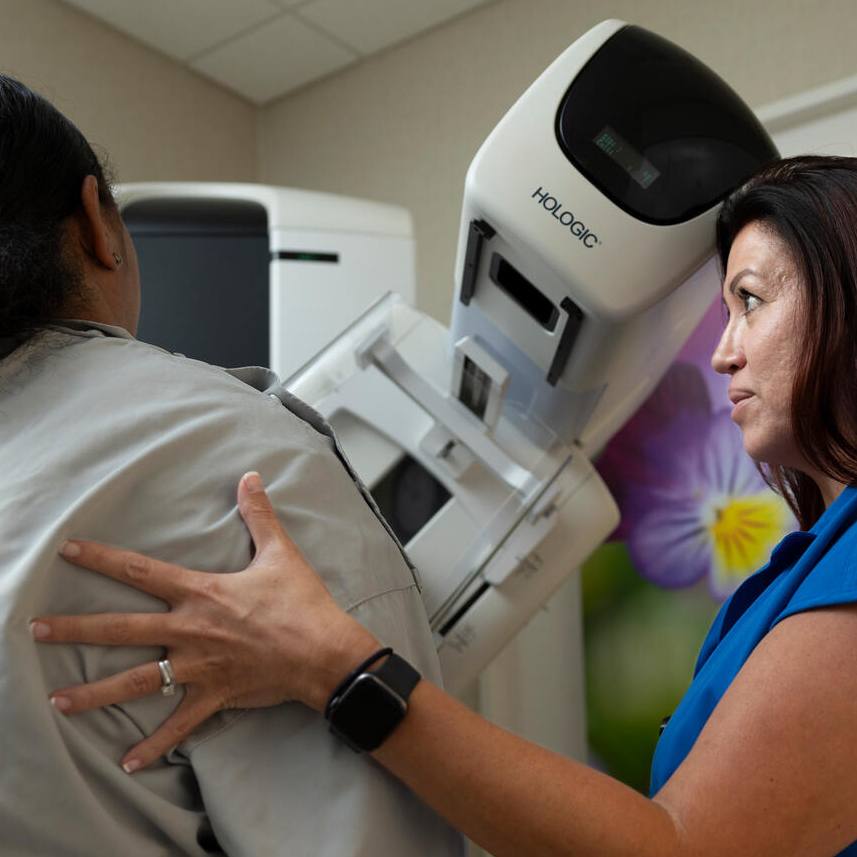-
Diversity
Consumer Health: Preventing HIV/AIDS — know how to keep yourself and others safe

World AIDS Day will be observed Wednesday, Dec. 1, which makes this a good time to learn more about preventing this chronic, potentially life-threatening condition.
More than 32 million people have died worldwide from AIDS and 38 million people are living with HIV, the virus that causes AIDS, according to the Centers for Disease Control and Prevention.
If left untreated, HIV infection typically develops into AIDS in eight to 10 years. By damaging your immune system, HIV interferes with your body's ability to fight infection and disease.
When AIDS occurs, your immune system has been severely damaged. You'll be more likely to develop opportunistic infections or opportunistic cancers — diseases that wouldn't usually cause illness in a person with a healthy immune system.
HIV can spread through sexual contact or blood, or from mother to child during pregnancy, childbirth or breast-feeding. To become infected with HIV, infected blood, semen or vaginal secretions must enter your body.
HIV is not spread through air, water or insect bites. You can't become infected with HIV through ordinary contact, such as hugging, kissing, dancing or shaking hands with someone who is infected.
Anyone of any age, race, sex or sexual orientation can be infected with HIV/AIDS. However, you're at greatest risk of HIV/AIDS if you:
- Have unprotected sex
Use a new latex or polyurethane condom every time you have sex. Anal sex is riskier than vaginal sex. Your risk of HIV increases if you have multiple sexual partners. - Have a sexually transmitted infection
Many sexually transmitted infections produce open sores on your genitals. These sores act as doorways for HIV to enter your body. - Use IV drugs
People who use IV drugs often share needles and syringes. This exposes them to droplets of other people's blood.
There's no vaccine to prevent HIV infection and no cure for AIDS. But you can protect yourself and others from infection.
To help prevent the spread of HIV:
- Use a new condom every time you have sex.
Use a new condom every time you have anal or vaginal sex. During oral sex, use a nonlubricated, cut-open condom or a medical-grade latex dental dam. - Use a clean needle.
If you use a needle to inject drugs, make sure it's sterile and don't share it. Take advantage of needle exchange programs in your community. Consider seeking help for your drug use. - Tell your sexual partners if you have HIV.
It's important to tell all your current and past sexual partners that you're HIV-positive. They'll need to be tested. - Get medical care right away if you're pregnant.
If you're HIV-positive, you may pass the infection to your baby. But if you receive treatment during pregnancy, you can significantly cut your baby's risk of being infected. - Use treatment as prevention.
If you're living with HIV, taking HIV medication can keep you from infecting your partner with the virus. - Use postexposure prophylaxis if you've been exposed to HIV.
If you think you've been exposed through sex, needles or in the workplace, contact your health care provider or go to the emergency department. Beginning postexposure prophylaxis as soon as possible within the first 72 hours can greatly reduce your risk of becoming infected with HIV. - Consider preexposure prophylaxis.
The drug combination of emtricitabine plus tenofovir (Truvada) and emtricitabine plus tenofovir alafenamide (Descovy) can reduce the risk of sexually transmitted HIV infection in people at high risk. This combination can reduce your risk of getting HIV from sex by more than 90% and from injection drug use by more than 70%, according to the Centers for Disease Control and Prevention. - Consider male circumcision.
Evidence has shown that male circumcision can reduce the risk of getting infected with HIV.
People with HIV and AIDS are living longer and better, thanks to improved treatments. Early diagnosis allows for early treatment options that may delay the progression to AIDS, and knowing your status is an important first step.
Read more: Forty years of HIV/AIDS: Will the epidemic end?







